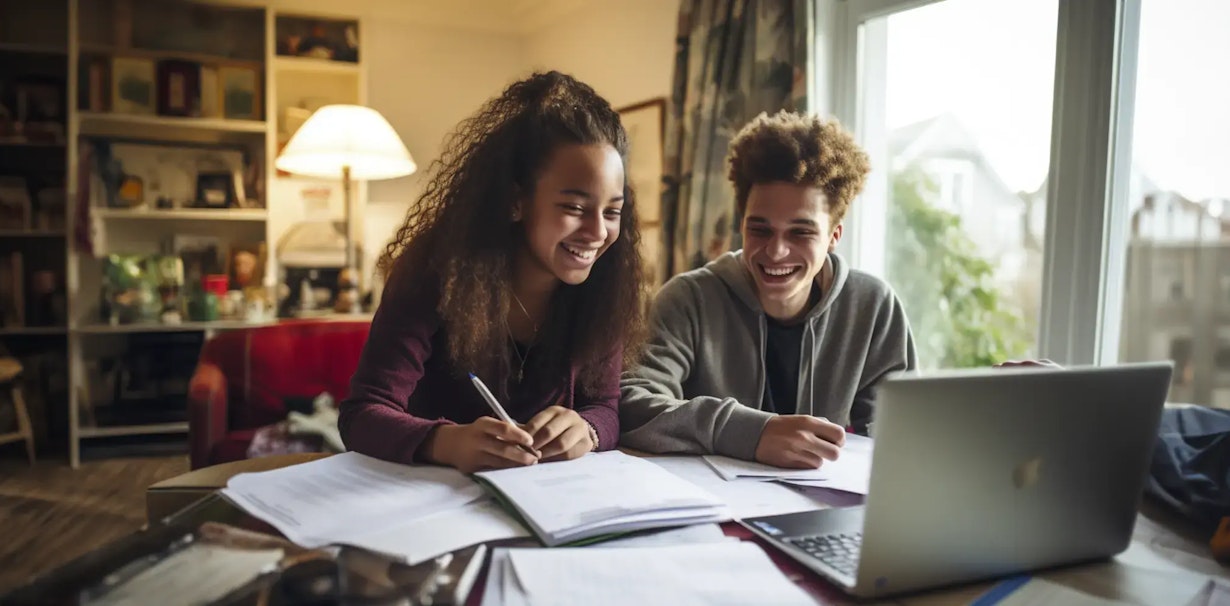
The Role of Parents and Teachers in Enhancing PISA Performance
The Programme for International Student Assessment (PISA) serves as a global benchmark for evaluating students' academic prowess, focusing on mathematics, science, and reading. Unlike traditional assessments, PISA delves into skills that extend beyond memorization, emphasising creative application, interdisciplinary thinking, and effective learning strategies. As it evolves, PISA reflects the changing demands of the modern world, with 'Critical Thinking' in 2022 and 'Learning in the Digital World' scheduled for assessment in 2025.
Collaborative Approach: Parents and Teachers
Progressive policymakers across the world are pivotal in developing this modern assessment framework, but the importance of a collaborative approach between parents and teachers in enhancing performance in these specific areas cannot be overstated.
Here are some helpful tips on how teachers and parents can enhance the PISA performance of your children and students:
1. Promote a love of reading
Reading with students is one of the most useful things you can do to enhance their general performance across every subject. Practised consistently, it instils the habit of deeper engagement, greater focus and dynamic thinking that can be put to use in new situations. Read a paragraph and share a viewpoint with them - what is happening? Why is it happening? What does it remind you of? What do you think the character or person will do next? In class, during dinner - this can be done anywhere. The key here is consistency. Albert Teen can be really useful in this way. It breaks down topics and texts into manageable chunks and uses the principles of active learning to promote deeper thinking. This will help a reading habit become ingrained, leading students to become more fluent in communicating their ideas or understanding how a series of events led to a particular outcome - incredibly useful for PISA and the wider world.
2. Support independent learning
The first step is to make learning active, enjoyable and interesting. This leads to independent learning, which in turn enhances performance and overall wellbeing. Digital tools like Albert Teen are essential for fostering independence. It uses tips, films and gamification to keep students engaged and promote a consistent habit. Helpful reminders and the ability to log in anywhere, anytime also means students are able to take further control of their own learning journey.
This empowers students, meaning they are more likely to see obstacles and challenges as opportunities for improvement rather than a signal to give up.
3. Embrace the digital transformation of education
It is no secret that the world is becoming ever more digital. At home, at work and in school - new digital technologies are rapidly transforming the way we do things everyday. Whilst technology can help in many ways, it can also be a hindrance. This is especially true in education. There is such a vast array of technologies available to students, parents and teachers - but the rapid nature of digital transformation means that tools are available before their usefulness is properly tested. It is important that parents and teachers embrace this change, but it is essential that they carefully consider what tools are best for them and to make sure they are used in moderation. For example, qualitative digital tools that support learning and do not distract from it, such as Albert Teen, used consistently as part of a wider study routine, help students achieve better results - regardless of their background. This is proved by a study conducted by PISA in 2018 that said ‘Students who spent up to one hour per day learning on digital devices at school had math scores 14 points higher than students who did not use these digital systems.’
In conclusion, parents and teachers play such an important role in nurturing key competencies evaluated by the PISA assessments. Promoting a love of reading, supporting independent learning and embracing the digital transformation of education - what is important across all of these is consistency. This means that a collaborative approach spanning home and school is essential, in addition to using useful tools like Albert Teen that help these skills become ingrained - preparing students not just for the upcoming PISA in 2025, but also for living and working in the modern world.



